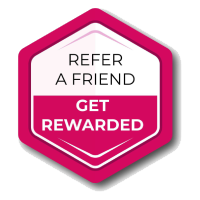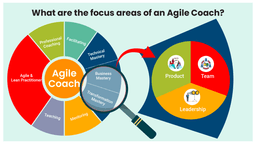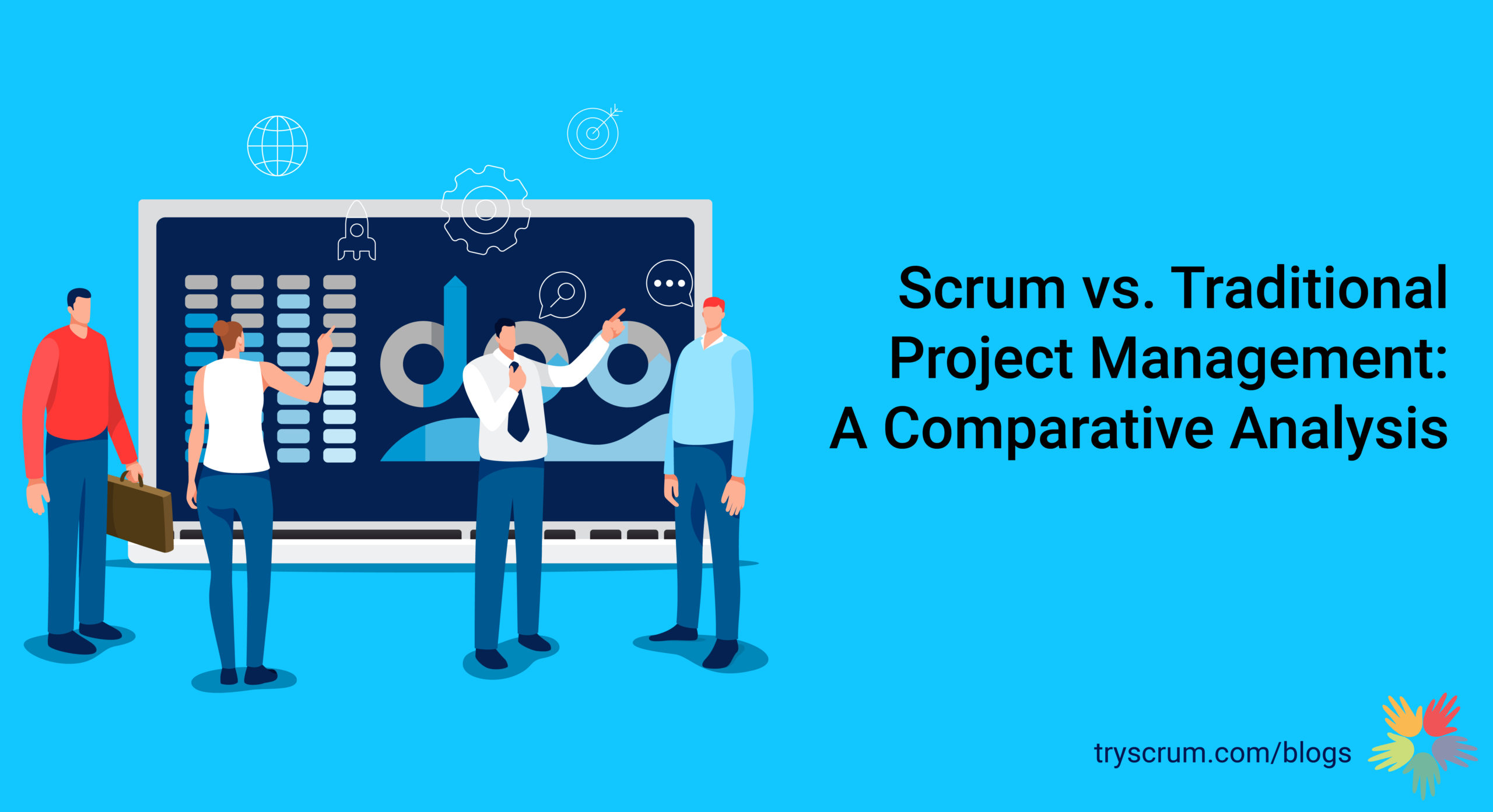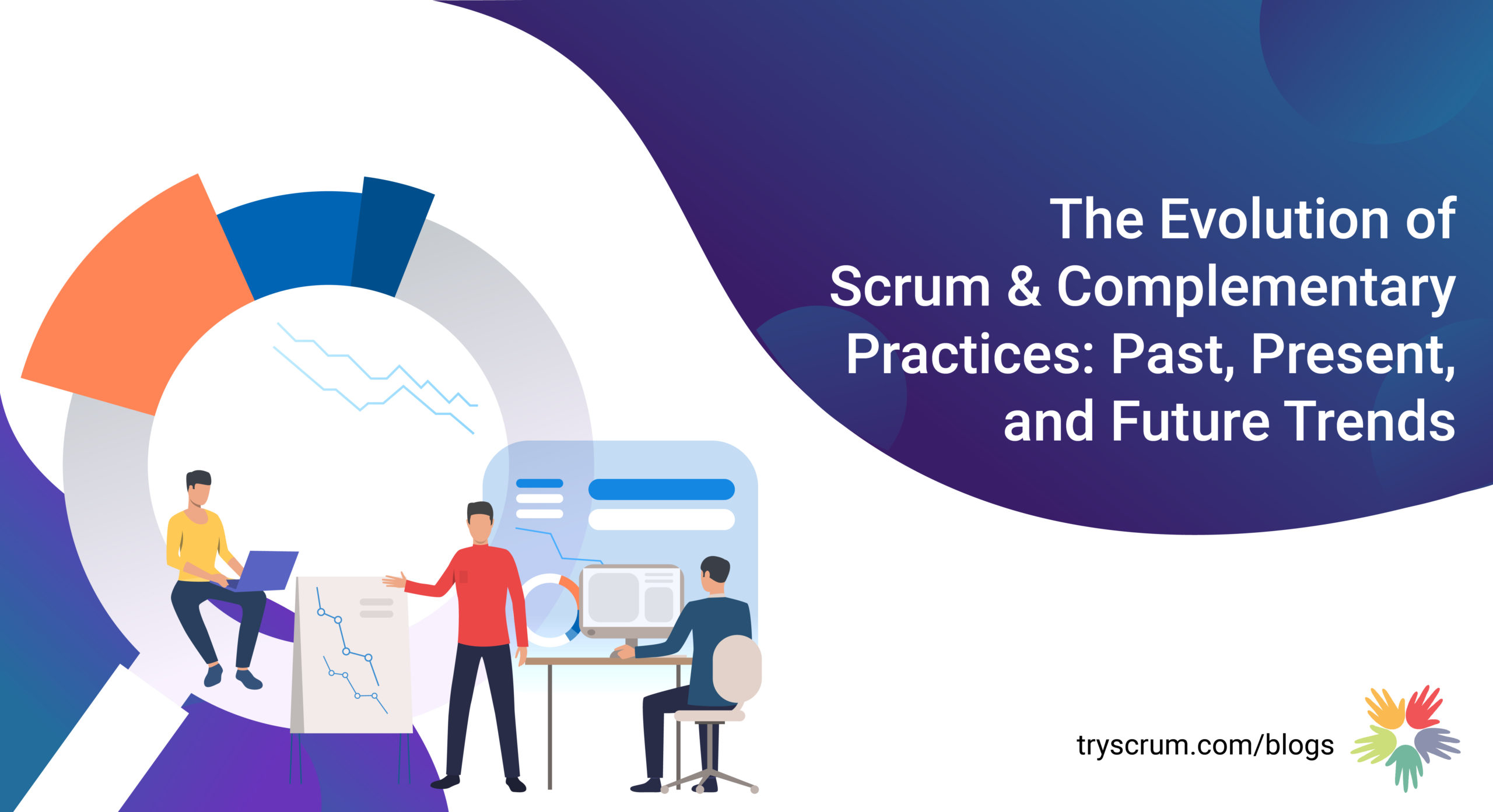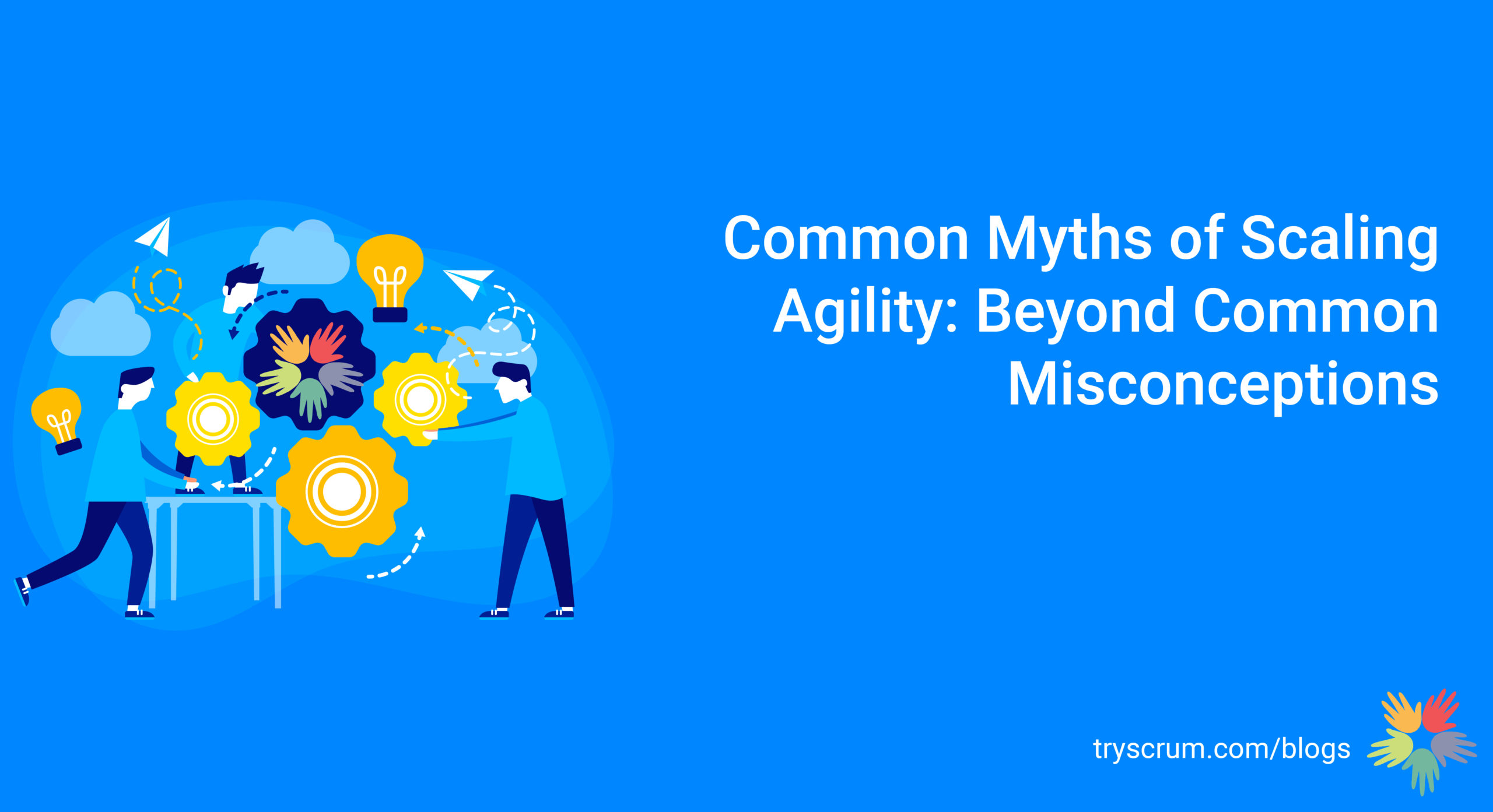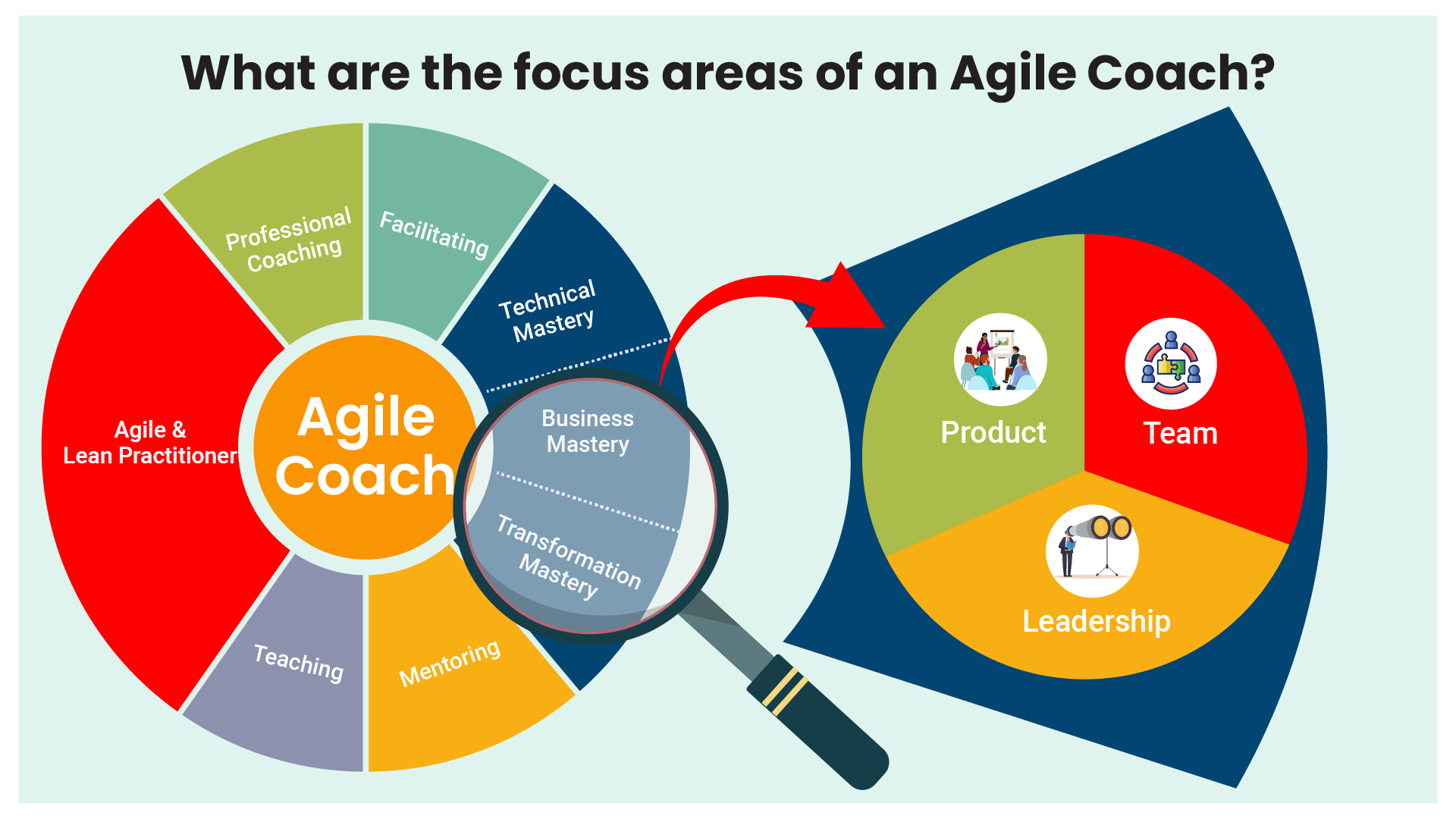
What are the focus areas of an Agile Coach?
Who is an Agile Coach?
Though, there is no universal definition of what is an Agile Coach. I want to define, Someone who developed deep expertise to help people, teams, and organisations enable better customer outcomes by focusing on an organisation’s internal and external orientation.
The first Agile Coaching Competency framework was developed by Lyssa Adkins and Michael Spaydback in 2011. The model has been adopted and adapted as the application of Agile has grown over the years. I have taken this model as a reference to help illustrate the focus areas of an Agile coach when it comes to Coaching.
My Definition of Agile Coaching
Agile Coaching is helping people, teams and organisations to do a job better or improve a skill by embracing the Manifesto and principles of agile.
Focus Areas of An Agile Coach
There are three core ways to serve your client that they could only accomplish with help. Three unique ways an Agile Coach can help their clients are:
1. Team Coaching
Many teams get so used focus on the execution, which they’ve always done, that they don’t realise they have a shared purpose. As a team Coach, you are responsible for helping teams align around a shared purpose and establish healthy team relationships to make decisions collectively by shifting their perspectives from coworkers to the community.
Team Coaching Competencies
Promote Self-Management
Maintain authentic distance
Facilitate Collaboration
Cultivate Systemic Awareness
Exhibit Ethical Behaviors
Promote Software Craftsmanship
Team Coaching Tools
Psychological Safety
2. Business Coaching
This is tricky for most agile coaches. Here the focus is to coach and seed a Product thinking mindset.
“More businesses die from indigestion than starvation.”
David Packard
As a business coach, you help people believe that doing less is more. You are responsible for helping teams and organisations discover the benefits of customer-centricity, design thinking and discovery. To have a holistic approach to coaching, we suggest business coaches develop proficiency in the following areas:
Business Coaching Capabilities
Promote Customer Centricity
Replace output with outcomes
Facilitate Continuous learning through empiricism
Integrate learning and action
Empathise customers
Cultivate Innovation
Business Coaching Tools
Product Discovery
Feature Fake
Customer Journey Map
Lean Analytics
Assumption Mapping
3. Leadership Coaching
Many leaders get so used to doing things the way they’ve always done them that they don’t realise they have blind spots. As an Agile leadership Coach, it is your responsibility to bring your outside, objective perspective to help leaders see what they could never know for themselves.
Before transitioning your career as an Agile coach, ask yourself the following questions. These are not assessment questions; these are designed to give you an overview and get your mind thinking about why you want to become an Agile coach.
Leadership Coaching Capabilities
Establishing Commitments
Engagement Conversations to create breakthroughs
Designing Invented future
Creating a Culture of Accountability
Promote openness and vulnerability
Challenge Established thinking
Facilitate Behavioural Change
Leadership Coaching Tools
Leadership 360*
Perception Assessment
Work-Behaviour Inventory
Remember to return to these questions after reading the capabilities.
1. What is my purpose in becoming an Agile coach_____
2. Success in my Agile Coaching will come when ______
3. If my life is not dependent on my income, will I continue in this profession?
4. Which of the three focus areas do i enjoy the most?
5. What value do I see in being an Agile Coach?
In my next blog, We will expand on these competencies needed to one’s career and focus as an Agile coach.
About Author
Venkatesh Rajamani has more than 17 years of experience delivering working software in short, feedback-driven cycles. He has helped many organizations adopt agile software delivery practices, including large banking, payments, telecom, and product organizations. He started his career as a Software Engineer and spent almost eight years as a hard-core Programmer. He has worked for or with large software delivery organizations, including HP, IBM, Logica, Paypal, Ericsson, RBS and HID. He founded tryScrum.com in 2018 to execute his mission of Humanizing Organizations. Venkatesh is fluent in 4 languages. He is based in Chennai, India and sets the overall direction for tryScrum. He is the world’s first to hold PKT, CAL-Educator, PST, CEC & CTC together. He loves reading books, travelling and public speaking.
